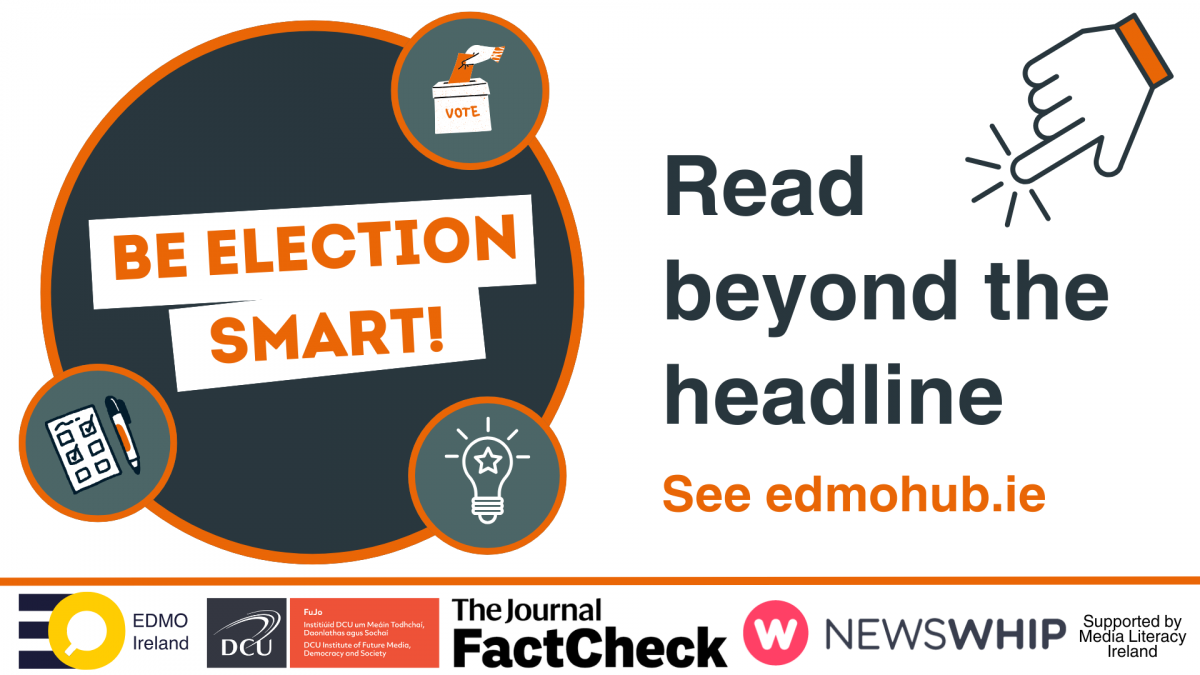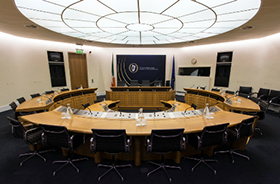Ahead of the General Election on 29 November, EDMO Ireland and Media Literacy Ireland are promoting a Be Election Smart campaign. The campaign will highlight practical tips to be mindful of when navigating news, commentary, and advertising about the election.
Tip #1 Read beyond the headline
Reading beyond the headline is essential because headlines are designed to capture your attention. That’s why they often oversimplify, distort, or omit crucial details about the story. You need to read the full article to understand the context including potential bias by the author and subtle cues about intent and the reliability of the sources.
Misleading headlines during elections are not a new phenomenon, but the issue has intensified with social media. News outlets, political parties, activists, and ordinary voters all generate large amounts of election content. Some of these will use selective framing or emotionally-charged language to drive engagement and reinforce biases. Headlines that emphasize one side of a story can create a false impression, especially on social media, where many people share articles based solely on the headline.
Identifying balanced information, especially during elections, is not something that can be achieved with quick tips or shortcuts. It requires careful judgment and a critical eye, as well as an awareness of potential biases—both in the sources of information and in our own perspectives. Headlines, especially on social media, often lack the context needed for a full understanding, so it’s important to go beyond the surface, read more deeply, and consider multiple sources to form a more accurate picture of the issues.
Recognizing that all information sources may carry some degree of bias helps in developing a more discerning mindset. However, it is also important to recognize that not all news sources are equally reliable or equally biased. Some organizations adhere to strict journalistic standards. They typically avoid unverified claims, provide balanced viewpoints, and clarify any corrections or updates transparently. Recognizing these differences and assessing a source’s commitment to accuracy can help readers gauge the reliability of the information.
In the run up to election day, a summary of all tips will be compiled on the Be Election Smart page.
For more resources on media literacy and elections, see Media Literacy Ireland’s election page.




